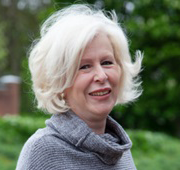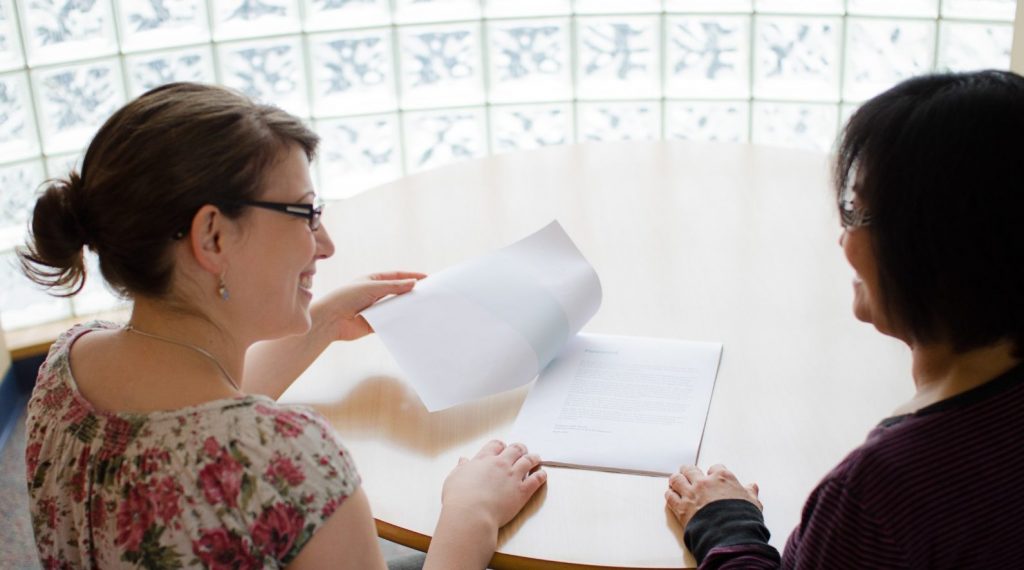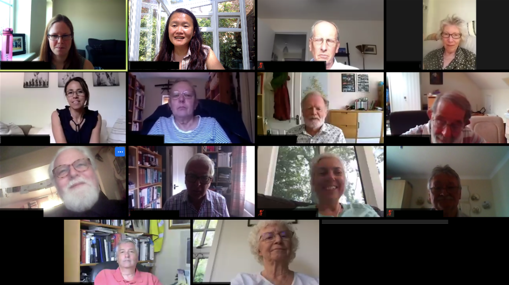The CUH PPI Panel
If you are a researcher head to our Patient and Public Involvement in your research page and find details on training and top tips for your patient documents.
How volunteers help research
The Cambridge University Hospitals Patient and Public Involvement (CUH PPI) panel was set up to connect members of the public interested in health research with researchers working on the Cambridge Biomedical campus.
There are currently more than 70 members of the public on the panel, who all live in and around Cambridge and who between them cover a range of ages, ethnicities, occupations, experiences with illness and the NHS, and research experience. Our panel members’ feedback and contributions help to make our research more relevant, more accessible and more likely to succeed in the real world.

Who can join?
The panel is open to:
- members of the public who are not in a professional research role
- who live in the East of England or have a connection to Cambridge University Hospitals and
- are aged over 16.
No previous experience of research or health care is necessary. All you need is an interest in sharing your views and perspectives about biomedical research, to help researchers carry out the best research they can.
If you are from further afield, please get in touch – we work with PPI colleagues across the country, and we can put you in contact with a PPI team local to you.
What does the CUH PPI panel do?
At any time, panel members may be involved in:
Researchers contact our PPI team with requests for help from the panel. After discussing the need in more detail with the researchers, the PPI team then forward the requests to panel members by email. Panel members are free to decide if they want to get involved in each project or not, and their decision will be influenced by their interest in the research and their time availability.
- Reviewing a research project’s purpose and benefit from the patient / carer / public perspective
- Reviewing research documents, such as patient information for clinical trials, recruitment strategies and plain English / lay summaries of research
- Reviewing funding proposals
- Participating in discussion and focus groups with researchers
I have made substantial changes not only to the lay summary but to the main body of my application as a result of your feedback, using something from each respondent, either to identify common themes or issues raised by individuals.
Sophie, doctor (anaesthetics)
Each request is different but as a rough rule-of-thumb we generally ask researchers to allow two weeks for document reviews, and three weeks to arrange focus / discussion groups.
Panel members return their feedback and questions to sent to the PPI team, who collate and anonymise it before sending it to the researchers. Researchers are asked to respond to the panel to let them know how they have incorporated public feedback into their research. We send these responses to the panel via our quarterly PPI newsletter.
Researchers can also invite panel members to get further involved in individual research projects – joining patient advisory committees, co-applying for research money with researchers and contributing to the research papers.
Good PPI is a significant investment of time and resources – but I have yet to meet a researcher who was not pleasantly surprised and impressed by the insight of their public contributors and the useful suggestions they made.
Dr Amanda Stranks, PPI/E and Communications Strategy Lead
This short video features Abi and Phil’s experience of being CUH PPI panel members.
What CUH PPI Panel Members say about being on the panel:

Being part of the PPI group has proved an extremely rewarding experience and provided a sense of contributing something of real value, no matter how small that might be. It is a very positive and socially stimulating experience. Barbara, PPI member

I joined because of my long-term interest in health.
If you think you might enjoy expressing your opinions on health research you should join the panel.
Charles, PPI member

The CUH PPI panel is a great opportunity to get a broader feel for what’s happening in health research in Cambridge – and to have a say in that research – especially after my several experiences as a patient.
Karen, PPI member
Top tips for researchers

Our panel members are really supportive and want to make sure our researchers deliver the best research and PPI. Below is one example where a panel member has created useful tips on how to create lay friendly patient documents.
- Titles that go on-and-on-becoming-incomprehensible
- Assuming we already know or don’t know things (ask us!)
- Too much use of jargon and technical language
- Not enough use of pictures and diagrams
- Inviting comments and then [seeming to] ignore them
- Lack of openness / honesty / transparency
- Only half-explaining a process:
- “A sample will be collected…” How?!
- Asking us to comment on things that can’t be changed
- No (or meaningless) Feedback
- Unrealistic timescales
Did you know?
More researchers than ever before involved the CUH PPI panel in their work in 2022. This included feedback on 40 document reviews and 8 focus groups.



